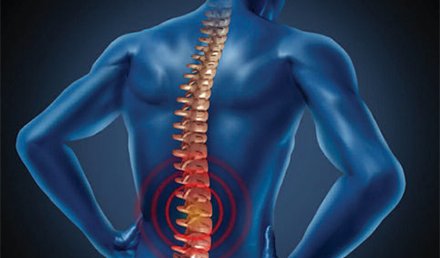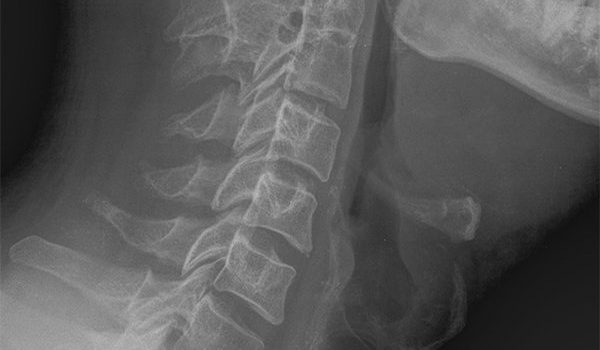DAVID STERN, MD (Practice Velocity) Q. If a practice buys or opens an urgent care facility that is not in a hospital nor affiliated with a hospital, should we be using routine E/M codes for our visits? Secondly, do we have to follow the Emergency Medical Treatment and Active Labor Act (EMTALA) Guidelines? A. Yes. You should use the same E/M codes as used by the physician offices (990201-99215). EMTALA does not apply to urgent …
Read MoreAbstracts in Urgent Care: July/August, 2012
Doctor Panels Recommend Fewer Tests for Patients Key point: The American Board of Internal Medicine, in partnership with nine medical specialty groups, is urging physicians to perform 45 common tests and procedures less frequently. Citation: http://www.nytimes.com/2012/04/04/health/doctor-panels-urge-fewer-routine-tests.html?_r=1 An article in the New York Times notes that unnecessary treatment accounts for an estimated one third of medical spending in the United States. The initiative, called Choosing Wisely, is aimed at both physicians and patients. Among the tests …
Read MoreOn Rock Bands, Plane Crashes, SWAT Teams and Codes
JOHN SHUFELDT, MD, JD, MBA, FACEP I’ve had the great pleasure of seeing Bruce Spingsteen and the E Street Band perform live a number of times since the mid-70s. Yes, I started being a “groupie” while still in diapers (no, not Depends). What amazes me still is the obvious teamwork among band members and crew. Bruce can change an introduction, set list, or song on the fly by simply looking a certain way at Roy …
Read More
High-Risk Conditions Presenting as Back Pain (Part 4)
Urgent message: Back pain with incontinence and focal neurological changes are red flags for serious conditions. ERICA MARSHBURN, BS, BA, and JOHN SHUFELDT, MD, JD, MBA, FACEP Low back pain is a common presentation in the urgent care setting and it is important for providers to be aware of signs and symptoms that could indicate a more serious condition than nonspecific muscular pain. Be sure to make a thorough evaluation of your patients and pay …
Read More
Five Federal Employment Regulations Urgent Care Operators Need to Know (Part 1)
Urgent message: As employers and managers of people, urgent care operators are likely to encounter situations that invoke federal labor laws. ALAN A. AYERS, MBA, MAcc, Experity Urgent care centers are subject to a multitude of federal employment regulations and failure to comply with any of them could result in civil litigation or criminal penalties. Laws prohibiting discrimination, regulating wages and hours, permitting leave for military service and family or personal health issues, and affecting …
Read More
July/August 2012

Management of Acute Hyperglycemia in Urgent Care (Part 1)
Urgent message: Acute hyperglycemia is a common and potentially challenging problem in urgent care that deserves to be managed appropriately based on the best available evidence and suitable consideration of the associated complexities. ANTHONY J. PICK, MD, CDE, DAVID L. PICK, MD, FAAFP, and LOWELL R. SCHMELTZ, MD Hyperglycemia is common in acute care settings such as emergency rooms (ERs) or urgent care centers. Stress-induced hyperglycemia can result from an acute process, such as infection, …
Read MoreWhat a pain!
Pain management in urgent care is a minefield of monstrous proportions. The controlled substance prescribing landscape is body trapped indeed, and the well-meaning, unsuspecting physician stands right in the middle. The regulatory, criminal and litigious nature of this highly charged issue is not to be trifled with. Like it or not, physicians are essentially the licensees of some of the most dangerous and destructive weapons of modern medicine, and we have a clinical, legal and …
Read More
40-year-old female presents with dysphagia
The patient, a 40-year-old female, presented with dysphagia. View the image taken and consider what your diagnosis would be.
Read MoreRecognizing and Managing Calcaneal Fractures in Urgent Care
Urgent message: Prognosis for patients with calcaneal fractures can be significantly improved if the injury is recognized promptly and treated properly. Author: Samina Yunus, MD, MPH, and Donna Goetsch, MSN, CNP Author Information: Samina Yunus, MD, MPH, is Assistant Professor of Family Medicine at Cleveland Clinic Lerner College of Medicine and Donna Goetsch, MSN, CNP, is a Family Nurse Practitioner at Cleveland Clinic Chagrin Falls Family Health Center and Urgent Care in Chagrin Falls, Ohio. …
Read More